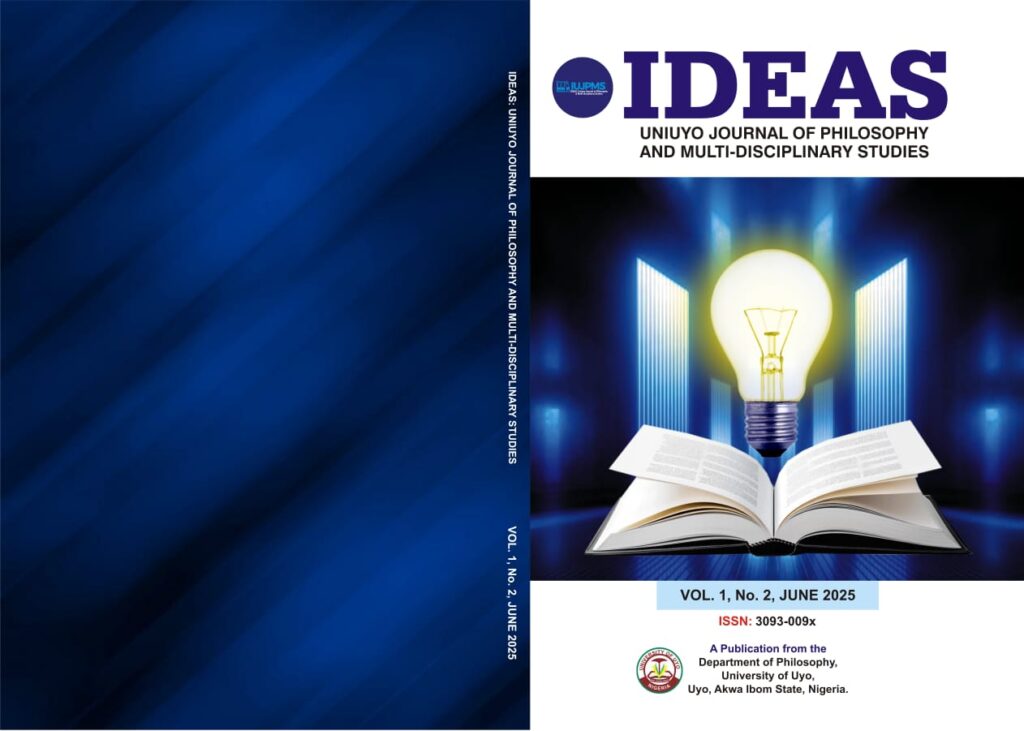For Hegel, property is essential for an individual to experience freedom as a person and for the existence of ethical life within a society. The objective of this study is to examine the concept of property law in Hegel’s legal theory. The problem that warrants this investigation is that Hegel’s property right theory is very robust and strong against fellow citizens but shrinks and fades away at the level of the state. The method of this study is analysis. Research findings reveal that for Hegel, unlike Locke, the significant end of the state does not consist categorically in the protection of property: the end of the state is the state. So, private property may be subordinated by a higher domain of right – the state. In conclusion, this study submits that Hegel’s fundamental conception of the state should be cast aside because it is not the kind of state that fully preserves an institution of private property it claims to do, which, in order to protect the property right against fellow citizens, should also protect the same right against the government of the state. This is the only way to make individual rights to private property worth the name; heedful of the fact that the main purpose of the judiciary is to protect individual rights of those who come before the court against whosoever, including the government/state.
Written By:
Celestine Edozie Anyaorah, Ph.D
Department of Philosophy, Faculty of Humanities,
Alex Ekwueme Federal University Ndufu-Alike, Ebonyi State
E-mail: edozie.celestine@gmail.com;
Phone: 08028682841

